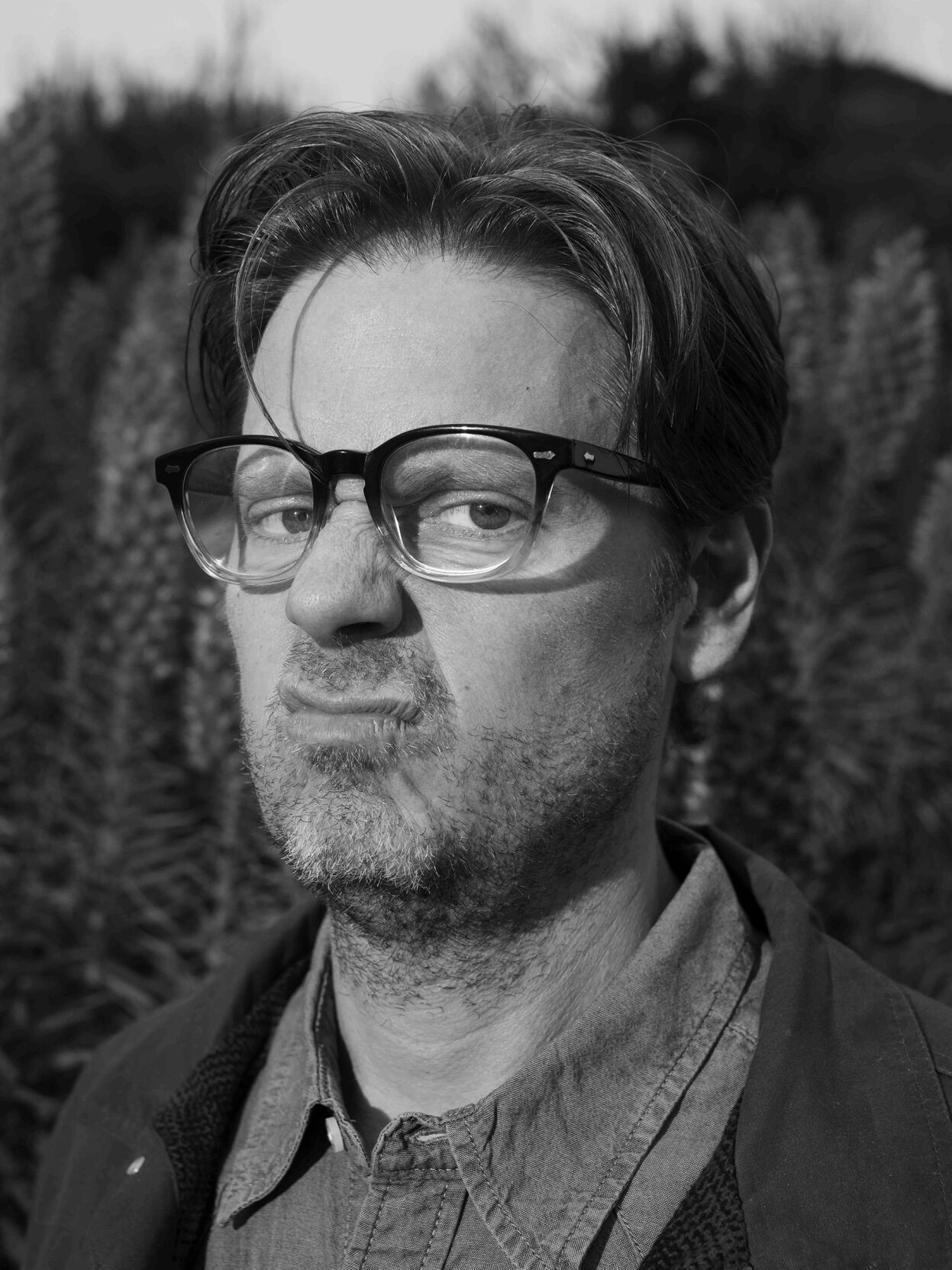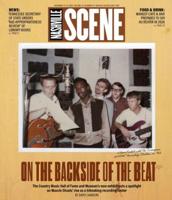
Tim Heidecker
A confession: I totally missed the apocalyptic themes on Tim Heidecker’s new album Slipping Away. They were there the whole time, and they were obvious, and yet in the context of early 2025, even the darkest moments seemed like even-handed observations about contemporary life when I was in the school drop-off line worrying about impending doom. Slipping Away, with its sinewy sounds and fluid structures and its evolution from breezy folk-rock to bristling indie over 10 tracks, fit so squarely into the ever-present anxiety of post-democracy suburbia. I felt seen, as the kids say — so seen that it took a conversation with Heidecker, who plays The Basement East on Friday with his Very Good Band, to put it all together.
“It was 2022, and I think there were just a lot of apocalyptic thoughts going on in my head,” says Heidecker. “I started to think about a sort of end-of-the-world concept record and just being around these players and doing sound check and warming up and sitting around the bus listening to music and talking about music a lot more than I would with comedy people.”
This is Heidecker’s third rock album, but he’s still most commonly associated with his trailblazing comedy career. Co-creator of Tim and Eric Awesome Show, Great Job!, the mind-warping Aughts-era Adult Swim show that set the bar for how weird alternative comedy could be, Heidecker has also appeared in blockbusters like Bridesmaids and Jordan Peele’s Us. He’s also a podcast pioneer, his On Cinema at the Cinema and Office Hours Live blazing a trail for modern comedy internet shows.
But if you are looking for the weird and wild vibe that has defined his career, you’re going to have to scratch below the surface of Slipping Away, where the structures of standard rock fare are stretched and squeezed in ways that would give your average Music Row writer an embolism. Verses get extra bars, bars get extra notes, lyrics bounce around with a buoyancy and brightness that belies the doom beneath. Take “Hey, Would You Call My Mom for Me,” which has an early-morning brightness and soft-focus beauty while relating the saddest story I’ve heard in ages. It is gorgeous and catchy and fucking brutal.

Tim Heidecker
“I think there’s a thing that happens where I don’t really know what I want to write about, but my subconscious usually tells me what to write about,” says Heidecker. “So that’s where the original germs, the early germs of things start, and then you get a clearer picture of what you’re dealing with or you want to talk about.
“That helps you kind of be a little bit more focused, and you can actually do the work then,” he continues. “Because songwriting is half inspiration that comes out of nowhere and half essentially word-puzzle work. It’s like there’s a workmanship to, ‘All right, this song should have a certain structure, need things to rhyme, need things to make sense.’”
The results evoke some of the great writers of our time — the cleverness of John Prine, the homespun coziness of Guy Clark — before shifting to a Cormac McCarthy-meets-Mickey Newbury grit on tracks like “Bows and Arrows” and “I Went Into Town.” Heidecker’s keen eye for humanity prevents the album from being subsumed by sadness, using glimmers of hope as counterpoints to the darkness that surrounds the Suburban Dads of the Apocalypse. It is craftsmanship that rewards deep listening and repeated listening even if — especially if — you missed the big themes the first time around.
“I certainly am aware of the rhythmic and tonal sounds of words, and how they can be detrimental to your song or helpful to your song,” he says. “And that’s part of that puzzle building, puzzle making, puzzle solving element to it. That’s a fun challenge. I love it.”




